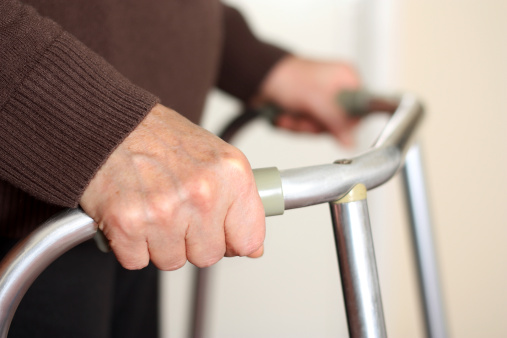
Many people still don’t follow published guidelines that recommend colonoscopies for most people ages 50 to 74 every ten years. But some in that age range are having the test too often, finds a new study by researchers at the Massachusetts General Hospital.
The researchers reviewed electronic health data on close to 1,500 patients ages 50 to 65 who had a first colonoscopy between 2001 and 2010 and found that a second colonoscopy was done on 871 patients an average six years after the first one, or four years too soon. Eighty eight percent of the routine second colonoscopies and almost half of the second colonoscopies done in cases where the initial test indicated a follow up test sooner than ten years later were done earlier than guidelines call for. Patients who had had no signs of cancer on the initial test got the second test 6.9 years later on average, and patients who had a benign polyp detected on the original test got the follow up test 5.9 years later on average.
According to the researchers the too frequent screening means that people who have regular colonoscopies between ages 50 and 74 have, on average, one more test than needed compared to guideline recommendations.
However, the researchers also found that in one out of every four patients in which a precancerous polyp was found, the patent did not have a follow up exam within the recommended time frame.
The researchers say follow up with patients found that those having earlier colonoscopies were following recommendations by the doctors performing the tests and that many practitioners don’t agree with the intervals set under the recommended guidelines. The researchers suggest that health care systems review recommendation for colonelcy screening by doctors in their facilities
“The idea that a large proportion of the 14 million screening colonoscopies performed annually in the U.S. are actually done unnecessarily is especially concerning in light of the 28 million Americans between 50 and 74 who are not up to date in colorectal cancer screening,” says Gina Kruse, the lead author of the study and a professor at Harvard Medical School. “The overused colonoscopies on the patients in this study alone represent a potential excess of over $1 million in health care spending—resources that might benefit those who are overdue for colon cancer screening,” Kruse says.
The study was published in the Journal of General Internal Medicine.





